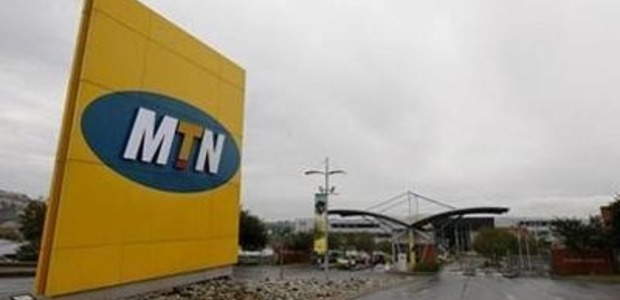advertisement
Wave of evolution to improve service levels in Nigeria’s telecom market
The business models employed by Nigeria’s mobile network operators (MNO) are undergoing a notable period of evolution according to global…

The business models employed by Nigeria’s mobile network operators (MNO) are undergoing a notable period of evolution according to global consulting and advisory services firm International Data Corporation (IDC).
Spurred by the pressing need to optimize or even reduce costs relating to network operations and maintenance fees, MNOs in the country are increasingly scoping outsourcing models in collaboration with third-party infrastructure providers rather than deploying and owning their entire network infrastructure themselves.
This quest to sustain profitability is not unique to Nigerian operators, with the trend proving popular globally. But there are distinct forces at play within the Nigerian market that are making profitability ever more challenging for operators in the country. Legacy voice revenues are steadily declining, competition is forcing down tariffs, and, in general terms, the average revenue per user is falling and is expected to continue doing so.
advertisement
To combat this, attention is been diverted to boosting the provision of data services as operators strive to generate additional revenue streams, but such efforts bring with them additional capital and operation expenditure requirements for new and improved data network infrastructure. Such costs are already impacting negatively on the profitably of MNOs in the country, and generally relate to factors like the acquisition of land, power generation, security and generator maintenance.
So far, MTN, Airtel, and Etisalat have all signed some form of outsourcing contract with a telecom equipment vendor or telecom infrastructure provider. Etisalat has even gone a step further by forming a strategic IT outsourcing partnership with Huawei that will see the Chinese company take over responsibility for the operations and management of Etisalat Nigeria’s IT network. This increasingly popular approach is expected to enable MNOs to focus more on their core business — providing improved customer experience through excellent network service.
“IDC believes the evolution in business models employed by Nigerian MNOs is a step in the right direction,” says Oluwole Babatope a telecommunications and networking research analyst with IDC West Africa. “In the long term, we expect this trend to lead to a notable improvement in the quality of service on the networks provided by these MNOs. There will also be a dynamic shift from cost reduction efforts to efficiency enhancements on the part of third-party infrastructure providers. As the market matures, competition will force a need for differentiation among third-party infrastructure providers and this will ultimately lead to an improved value proposition. Finally, as more successful outsourcing case studies emerge, there will be a quest for increased efficiency in terms of capacity management, network planning, and end-to-end performance management. IDC predicts that this will eventually lead to one or two MNOs outsourcing their entire core network infrastructures.”